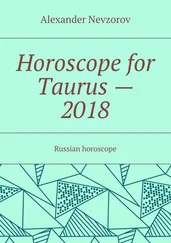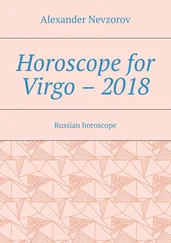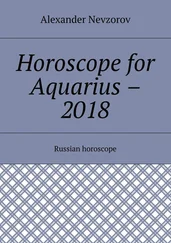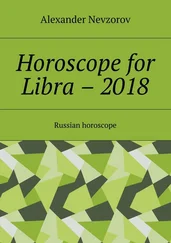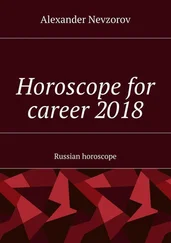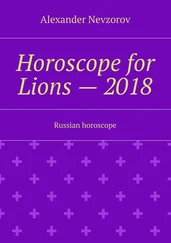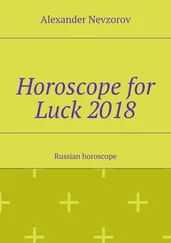In the meanwhile there was obviously nothing for me to do save fill in the questionnaires and answer the questions fully and truthfully. Luckily my conscience was perfectly clear and I could and did answer all the long lists of queries accurately. The system was ingenious and, though it took time, was extremely effective. No pressure was ever brought to bear on me in any shape or form. With the utmost kindness and courtesy the various lists of questions were put to me over a period of weeks. Many of the questions overlapped and dovetailed into others which may have been asked days or weeks before. Questions, apparently put at random, were in fact cross-checks on other points that may have arisen only in casual conversation. As a result, at the end of the time my interrogators- if I can call them that, as I knew them only on paper- had not only the whole story but a complicated, overlapping, interlocking series of questions and answers. Luckily I was telling the truth and so the answers were consistent and easy to give. It would need a very clever man with a very elaborate and word-perfect cover story to stand up to such a test, for the slightest discrepancy would show up at once and give the unseen interrogators more ammunition to break the story down.
During this period of question and answer I was not kept a prisoner in any sort of way. Vera said that I was perfectly free to walk about the streets as much as I liked, provided of course that I was accompanied by Ivan. She did recommend that I stick to the side streets, because if I walked down the main streets I might be picked up for questioning by the police as a foreigner, which might be embarrassing. On several evenings I was taken to the theatre. Tickets were obtainable only on priority and thus not only the spectators but also the allocation of seats were government-controlled. It was not coincidence that on several occasions when I went to the theatre I found myself sitting between English or American officers. Nor was it coincidence that in the seats behind me was sitting a couple of hard-faced individuals who appeared more interested in the row in front than in the scene on the stage. I can also hardly believe that it was a demonstration of inter-Allied amity which made Ivan take me for a walk one day and show me the British Embassy. They were still obviously convinced that I was a British double agent and were giving me every opportunity to prove it and as much rope as I wanted in order to hang myself. It frequently occurred to me that if in fact I had been a British agent the last thing I would have done would have been to talk to anyone in a theatre or go to the British Embassy. The Centre might have credited me and British Intelligence with better sense than that.
The one bright spot to lighten these rather dark days was the news, about a month after I arrived, that the Egyptian police had located Rado and that the Centre were sending someone to interview him. I do not think I was told this news out of any consideration for me, but merely to see my reaction to it. Later I was told that he had been interviewed by an emissary from the Centre hut had refused to continue his journey or to give any reasons for his refusal.
About a fortnight after that, roughly six weeks after my arrival, I was told by Vera that the next day the director himself and some others would be coming to see me. Punctual to the minute, at six the next evening the director arrived. He was accompanied by a couple of stern-looking gentry who were either minor members of the Centre or members of the N.K.V.D. In any case they played little part in the events of the evening, spending most of the time looking hard at my face to judge my reactions to the various questions shot at me. I was told that the director held the rank of lieutenant general. That he was high up in the hierarchy could be seen from his car. The easiest and by far the best touchstone as regards the importance of an individual in the Union are the size and grandeur of his automobile. If (as the director had) he has a large, new black limousine, then one can be sure he is pretty important. If in addition to that he has a bodyguard, then he is more important still. If he has not only a fine new limousine but also another car to house the bodyguard, then one is certain he is a very big shot indeed. The director fell into the last category, and I was suitably impressed.
Outwardly nothing could have been more convivial and pleasant than the early stages of that dinner. A casual eavesdropper would have been enchanted at the sight of so great a man graciously at his ease with an honoured guest. The undercurrents were not so pleasant. I was irresistibly and unpleasantly reminded of a story told me by a former czarist cavalry officer friend of mine in Switzerland. Before the First World War he had been stationed in Siberia, where the tedium got too much for them at times. To lighten the boredom of their existence they used occasionally to have a large and sumptuous banquet. At the end of it they would all draw their revolvers and throw them in the middle of the table, where they would be shuffled by the orderlies. One pistol would be loaded. At a given signal they would all put a gun to their heads and pull the trigger. My friend said that the thought that at the end of the meal one of his comrades, or himself, would be a corpse added spice to the feast. I felt rather the same, only in this case I knew only too well who the corpse would be.
The director was a charming individual. Like so many of the high officials whom I saw, he did not seem a true Slav, but had more of a Georgian cast of countenance. In his early forties, he was intelligent and intellectual, and looked it. He spoke fluent, almost faultless English and had obviously spent some time in the United Kingdom; his occasional lapses into Americanese indicated that he may also have seen service in the States. I was to learn in the course of the evening that he spoke equally good French and German. The only point of criticism that I could find was his taste in ties, which was gaudy in the extreme. This may have been a relic of his American days. In addition to all this, he was a first-class interrogator. From my rather scanty knowledge of him, derived from the few meetings we had together, I should think that he was admirably fitted for his job. He had a heavy responsibility to bear as he was, I believe, directly responsible to Stalin himself, and according to Vera was one of the few people in the Soviet Union who could see Stalin without an appointment. He also had a direct private line to Stalin's office.
The interrogation lasted from six in the evening till two the next morning and continued over and after the food. The four of them, the director, Vera, and the other two, had what I assume was my dossier in front of them and occasionally they would produce from it a telegram that I had sent and question me as to its contents and how it had come to me. They went through my whole career with the Centre very closely and questioned me minutely on all the various sources that we had. They were especially interested in Lucy and Pakbo and wished to know who Lucy's sources were and how they reached the network so quickly. On this point I was of course as ignorant as they were.
The director stated that usually Lucy's information had been correct but once it had proved disastrous. He pulled a telegram out of the dossier and handed it to me. "Do you remember sending that?" he said. I looked at it; it gave details from Werther of troop dispositions on the eastern front. I replied that I had sent so many similar ones that I could not remember after the lapse of years anything about that particular one.
"That message cost us a hundred thousand men at Kharkov and resulted in the Germans reaching Stalingrad. It was sent over your transmitter," replied the director. "After we received this and saw the damage that it wrought we could only assume that Lucy was a double agent and all his information was false and supplied by the Abwehr. For a long time after that we ignored the information, convinced that it was planted on us. Only after months of checking did we decide that, as all the other information from that source was correct and could be proved correct, the source was after all reliable. The information must have been falsified after it left Germany. Perhaps, my dear Jim, you can throw some light on this?"
Читать дальше




